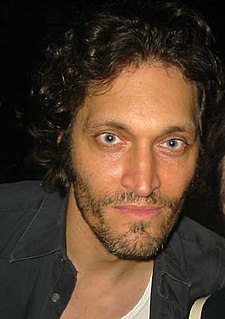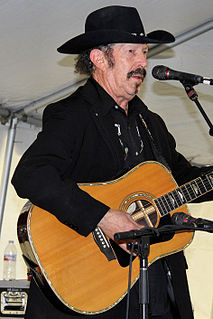A Quote by Molly Ivins
Legislative language is governed by a law of etymology that is also the ancient code of the bureaucracy: It doesn't have to be right, it just has to be close enough for government work. If they understand what you mean, it doesn't matter what you say or how you say it.
Related Quotes
I'm talking to a journalist and I really have nothing to say anymore, this is already uncomfortable. I feel the pain coming already. The brutal pain, when one day I should read your edit of whatever I say, because no matter what I say, no matter how I say it, no matter its tone, its frequency range, its decibel level or the way in which I put the words together, no matter my intentions and no matter the truth. What I'll read one day will be a chastised, manipulated abortion of your misunderstandings, your manipulations, your agenda and your amateur use of the English language.
The First and Fourteenth Amendments say that Congress and the States shall make "no law" which abridges freedom of speech or of the press. In order to sanction a system of censorship I would have to say that "no law" does not mean what it says, that "no law" is qualified to mean "some" laws. I cannot take this step.
Government want to tell you things you can't say because they're against the law, or you can't say this because it's against a regulation, or here's something you can't say because its a... secret; "You can't tell him that because he's not cleared to know that." Government wants to control information and control language because that's the way you control thought, and basically that's the game they're in.

































